The Victorian Era was a time of great transformation in Britain. The country saw huge progress in technology, industry, and politics. With the Industrial Revolution in full flow, this era was a reaction to the massive influx of people to the city. To the huge moral and ethical questions that this changing society started to reveal.
This period is named after Queen Victoria, who reigned from 1837 to 1901. During her long reign, she saw 10 Prime Ministers come and go. Each of these men left his mark on British history. In this article, we will give you a brief introduction to each of the Victorian Prime Ministers and their time charge.
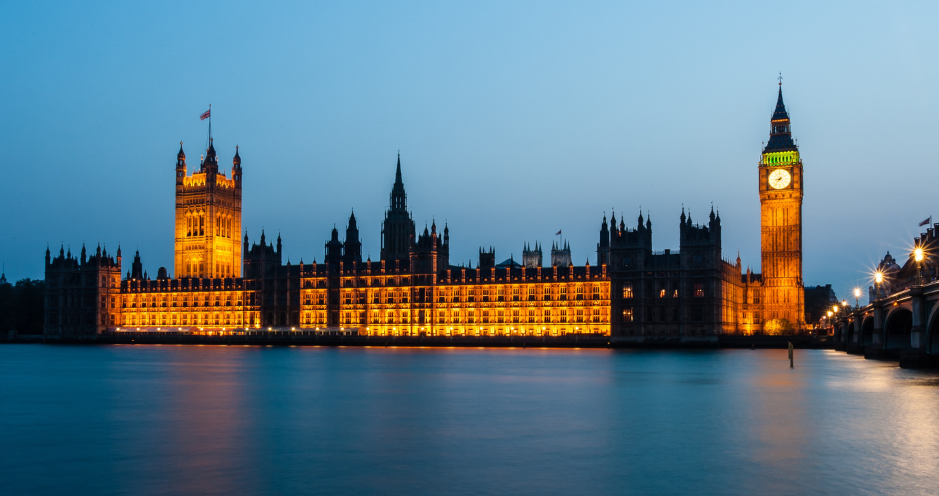
The Ten Victorian Prime Ministers Under Queen Victoria
Robert Peel (1834-1835; 1841-1846)
Robert Peel is considered one of the most important Prime Ministers in British history, and possibly the most famous Victorian Prime Minsters of them all. He served as Prime Minister twice, from 1834-1835 and again in 1841 to 1846. His first term in office was short, and slightly before Queen Victoria’s reign, but during his second time in office, he helped to pass several important reforms.
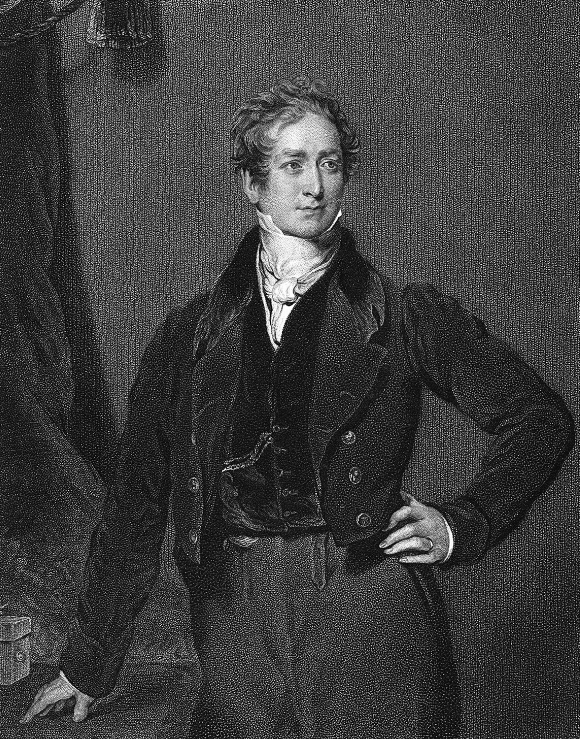
One of his most famous reforms was the repeal of the Corn Laws, which had been in place since 1815. The repeal of the Corn Laws helped to reduce tariffs on imported grain, which led to lower food prices for consumers. This reform also lead to his party’s split.
Peel also helped to pass the Factory Act, which regulated working conditions in factories. This Act was one of the first pieces of legislation to protect the rights of workers. Peel was a strong advocate for laissez-faire economics, and he believed that government should interfere as little as possible in the economy. He is remembered for his commitment to free trade and modernizing the Conservative Party, as well as the founder of modern British policing.
Viscount Melbourne (1835-1841)
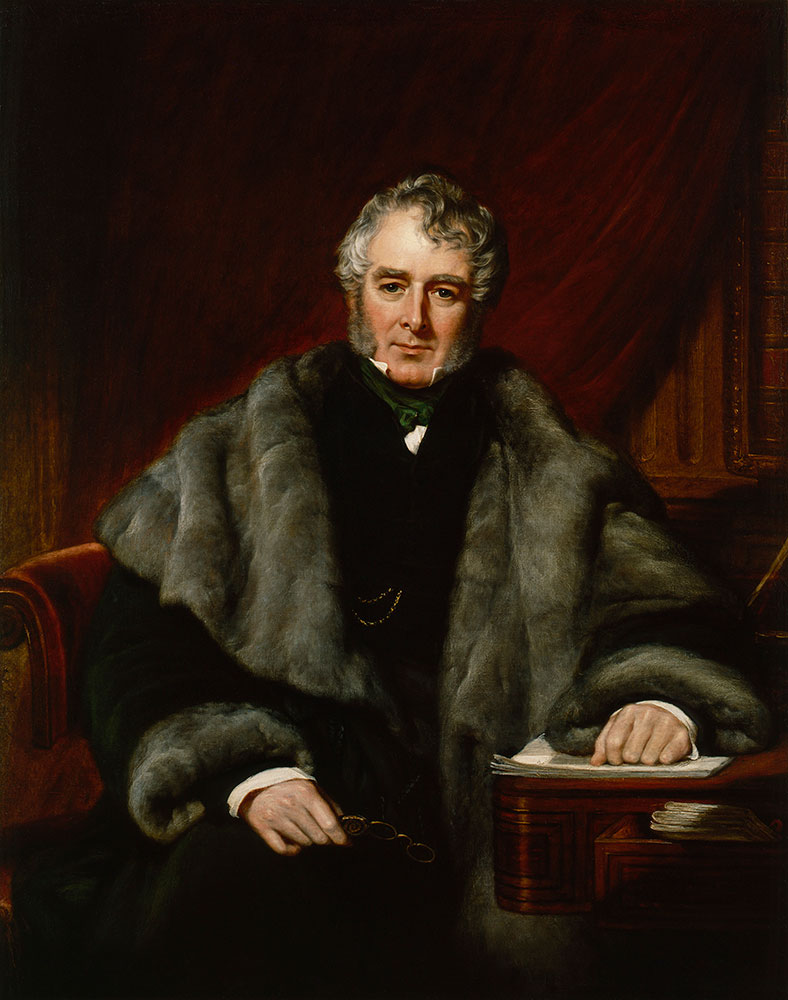
Viscount Melbourne was the first Prime Minister of Victoria’s reign. He was a Whig, and he served from 1835 to 1841. Melbourne was popular with the young Victoria and the two became friends. He helped train her in the art of politics, and helped her navigate the complexities of her role. Victoria was quoted as saying she considered him like a father. His leadership was characterized by a steady, unambitious approach to governance, focusing on maintaining the status quo.
Lord John Russell (1846-1852; 1865-1866):
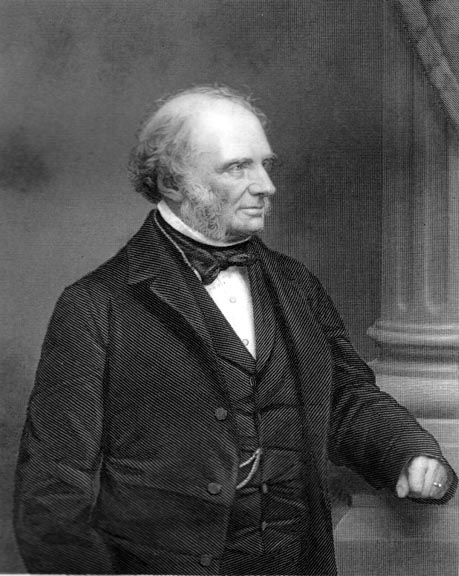
A prominent Whig politician, Lord John Russell is best remembered for his advocacy of civil and religious liberties. His first term was overshadowed by the Irish Potato Famine, and his response to it was widely criticized. He also played a key role in the development of the Reform Act 1867, which expanded the electoral franchise.
Edward Smith-Stanley – Earl of Derby (1852; 1858-1859; 1866-1868):
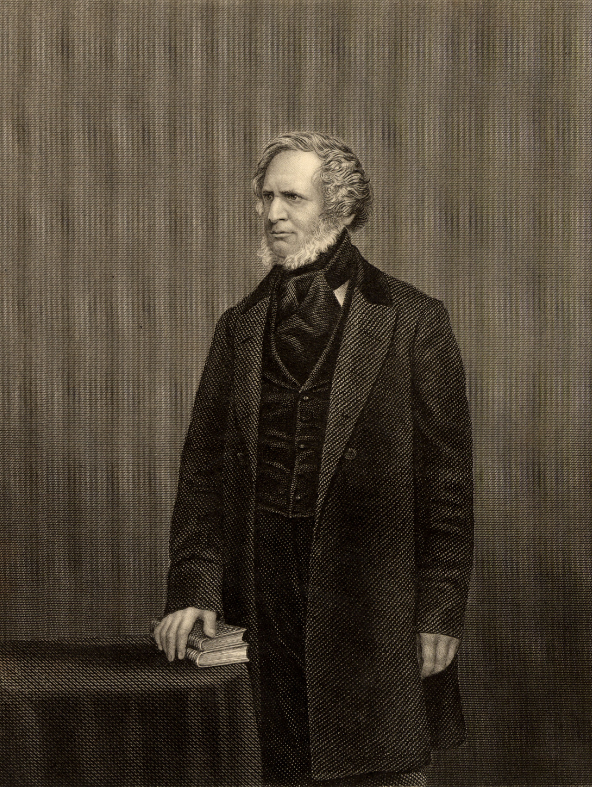
Edward Smith-Stanley, 14th Earl of Derby, known as the ‘Grand Old Man of the Tory Party’, served three times as Prime Minister. His leadership is most noted for the passage of the Second Reform Act under his third administration, which significantly expanded the electorate.
George Hamilton-Gordon – Earl of Aberdeen (1852-1855):
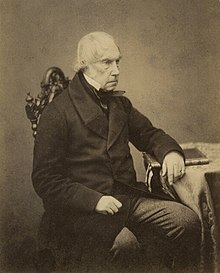
George Hamilton-Gordon, 4th Earl of Aberdeen, is best known for his role in the Crimean War. His government, a coalition of Whigs and Peelite Tories, was plagued by poor management of the war, leading to his resignation. Aberdeen is often remembered for his diplomatic skills and efforts to maintain peace in Europe. He was 5th of the Victorian Prime Ministers to serve during this era.
Lord Henry John Temple – Viscount Palmerston (1855-1858; 1859-1865)
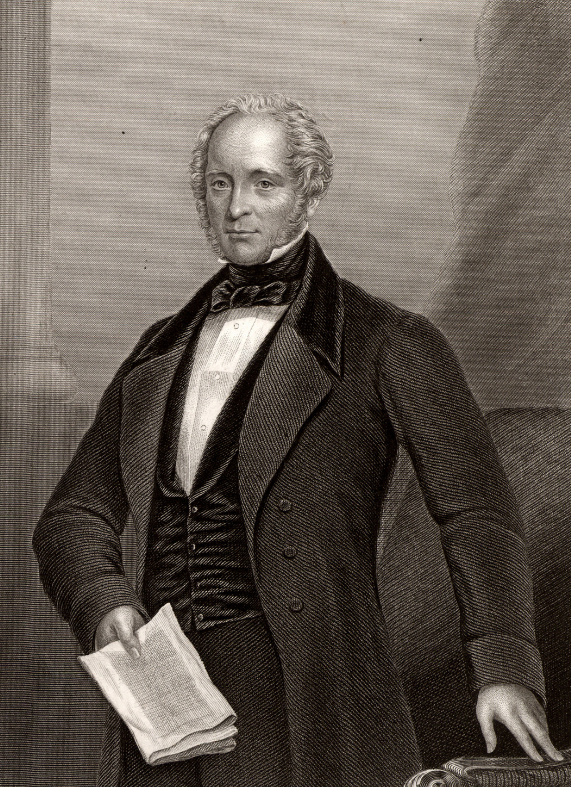
Henry John Temple, 3rd Viscount Palmerston, was a dominant figure in mid-Victorian Britain. He was Prime Minister for two separate terms, from 1855 to 1858 and from 1859 to 1865. He was a leader of the Liberal Party, known for his strong support of free trade and liberal values. His tenure saw important social reforms, including the 1864 Factory Act.
Palmerston is best remembered for his foreign policy achievements. He helped to secure British victory in the Crimean War, and he also led the country through several other wars. These include the Indian Mutiny and the Anglo-French War.
Palmerston is also credited with creating the concept of a “special relationship” between Britain and France. This term refers to the close friendship and cooperation between the two countries. It’s a term we still use today in the media.
Benjamin Disraeli – Earl of Beaconsfield (1868; 1874-1880)
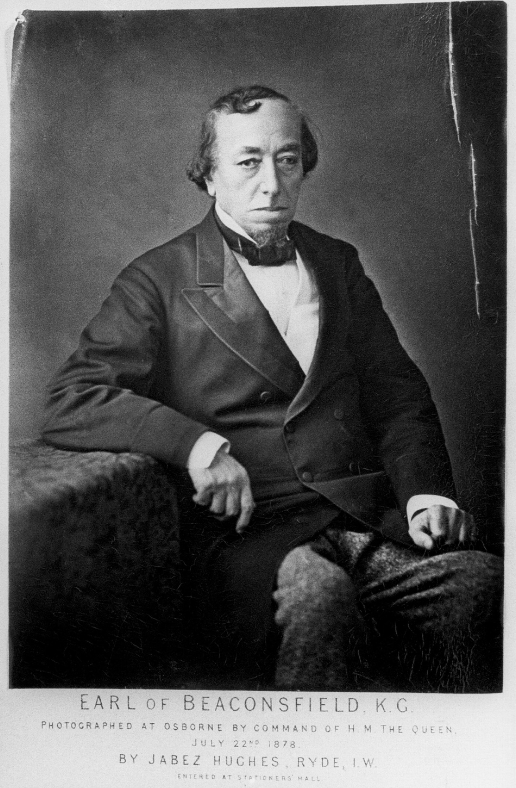
Benjamin Disraeli was Prime Minister in 1868 and again from 1874 to 1880. He is considered one of the most important British Prime Ministers of all time. He was a leader of the Conservative Party, and he is best known for his policies of social reform and imperialism. Disraeli helped to pass several important reforms during his time in office, including the Second Reform Act of 1867 and the Education Act of 1876.
The Second Reform Act of 1867 was one of the most important pieces of legislation passed in the Victorian Era. The Act helped to expand the right to vote to more people, including working-class men. It also reduced the number of constituencies in the country, which made it easier for people to vote. The Act was passed to give more power to the people and make the government more accountable to the people.
He also played a key role in the expansion of the British Empire. His notable achievements also include the passage of the Royal Titles Act, which proclaimed Victoria as Empress of India.
William Gladstone (1868-1874; 1880-1885; 1886; 1892-1894)
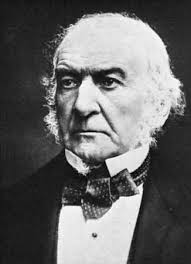
William Ewart Gladstone was Prime Minister for four different terms between 1868 to 1894. He was a leader of the Liberal Party, and he is best known for his policies of social reform. Gladstone helped to pass several important reforms during his time in office, including the Education Act of 1870 which was one of the first acts that led to the provision of compulsory education to Victorian children.
He also played a key role in the creation of the British welfare state, and he is considered one of the founders of modern liberalism. Gladstone is well remembered for his financial expertise, moralistic leadership, and efforts in Irish Home Rule.
Robert Gascoyne-Cecil – 3rd Marquess of Salisbury (1885-1886; 1886-1892; 1895-1902)
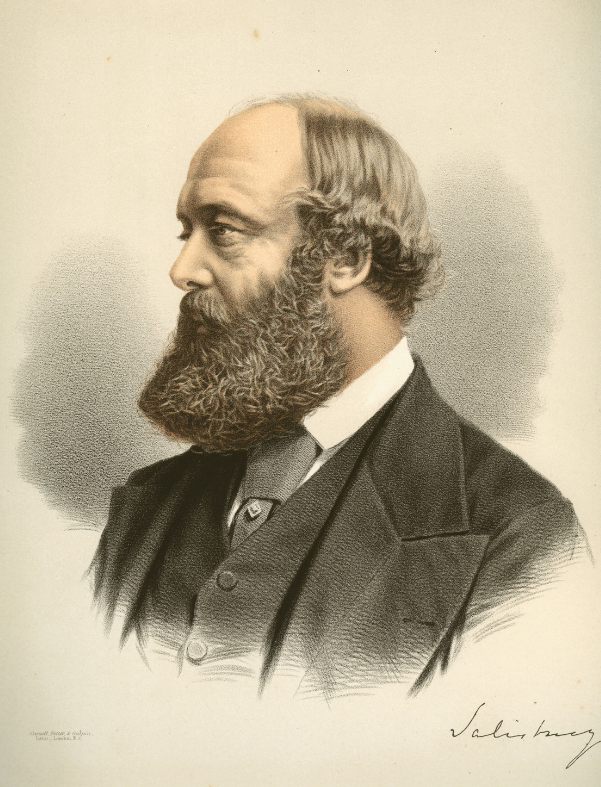
Robert Gascoyne-Cecil was Prime Minister three times, from 1885 to 1886, from 1892 to 1895, and from 1896 to 1902. He was a leader of the Conservative Party, and he is best known for his policies of social reform, foreign policy and imperialism. In his final term, he served as the last of the Victorian Prime Ministers.
Salisbury helped to pass several important reforms during his time in office, including the Education Act of 1890 which made primary education compulsory for all children in Britain, and the Land Purchase Act of 1893 which helped to promote land reform in Ireland.
Archibald Primrose – Earl of Rosebery (1894-1895)
Archibald Primrose, 5th Earl of Rosebery, though less known, played a significant role in the Liberal Party. His brief tenure as Prime Minister was marked by a focus on foreign affairs and imperial expansion. However, his domestic policies were less successful, leading to his early resignation.